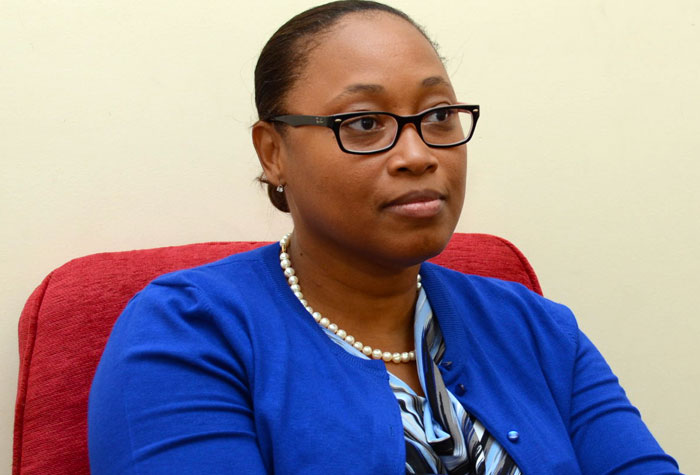Non-Compliant Early Childhood Institutions Urged To Register
By: , November 20, 2013The Key Point:
The Facts
- 2,660 early childhood institutions across the island with about 2,522 registered with the Commission.
- As part of the registration process, they must satisfy standards for health and safety.
The Full Story
The Early Childhood Commission (ECC) is urging all operators of unregistered early childhood institutions (ECI) across the island, to become fully compliant with the agency.
Acting Executive Director, ECC, Michelle Campbell, tells JIS News that it is important that all ECIs are registered with the Commission and have permits to operate in Jamaica.
There are currently some 2,660 early childhood institutions across the island with about 2,522 registered with the Commission. Those operating with permits number 1,377.
Under the Early Childhood Act and Regulations of 2005, all early childhood institutions operating in Jamaica must be registered with the ECC, which is the regulatory agency for the sector.
As part of the registration process, they must satisfy standards for health and safety (public health and fire safety reports and police records); and educational quality, including teacher qualification certificates. They must also pass a stringent inspection process.
Mrs. Campbell says while the number of ECIs that are registered and operating with permits is commendable, the Commission’s goal is to have all institutions fully compliant.
“Those that are not registered are considered delinquents and we have written to the institutions and we have delivered registration packets to [them]. We also continue to work with the Members of Parliament of the various constituencies, the Jamaica Early Childhood Associations and the various parish Boards for early childhood to get these institutions on board,” Mrs. Campbell says.
“We continue to support and to encourage those institutions to register with us and we also need the assistance of the public in bringing some of these institutions to full [compliance],” she adds.
The Acting Executive Director says the Commission is firmly committed to supporting the Government in its continued efforts to improve and develop the early childhood sector, which forms a major part of the Government’s strategic priorities for this financial year.
She further points out that the ultimate goal is not just to get these institutions registered with the Commission, but to also get them to full registration, which involves the issuance of permits.
Full registration also involves the schools adhering to the 12 standards for operation, management and administration of early childhood institutions in Jamaica. These include: staffing, developmental and educational programmes, interactions and relationships with children, physical environment, health, nutrition, safety, child rights, protection and equality, interactions with parents and community members, administration, and finance.
“These are very important for the daily functions of what best qualities should look like in an institution,” Mrs. Campbell says.
She further advises that the permit to operate clearly states that an institution has submitted all the required legal documents, which include food handler’s permits, public health inspection reports, as well as fire department reports.
“Teachers are also asked to undergo medical examinations to show that they are healthy and fit to work in an institution and a police report is also submitted for all persons working in that institution,” Mrs. Campbell adds.
To further assist with registration and compliance, the Commission has developed a Registration Information System (RIS), which is an automated method used to track and collect data on each institution across the country.
“[With this system], we are able to give you information on each institution, the teaching staff, and their inspection report. We are also able to generate data, so we can provide data to the Ministry of Education and our other stakeholders,” she informs.
Mrs. Campbell notes that the RIS enables the ECC’s development officers and inspectors to efficiently collect information and data on each ECI across the island and to implement the necessary development strategies.
“These officers are assigned to various regions and zones and when they come across an institution that they haven’t seen before, then they try to get those schools registered with the Commission,” she says.
“This is all about quality services. We want to make sure that the children in our care are given the best possible start,” Mrs. Campbell explains.
Of the number of early childhood institutions in the island, the Government fully operates and owns 32 facilities, and 98 infant departments, while the remainder are owned and operated by communities or private bodies, such as Churches. The government provides a subsidy to all early childhood institutions.
The ECC was established in 2003 by the Early Childhood Commission Act. Its functions include advising the Minister on policy matters relating to early childhood care, education and development in Jamaica, including initiatives and actions to achieve national early childhood development goals; assisting in the preparation of plans and programmes concerning early childhood development; and monitoring and evaluating the system.


